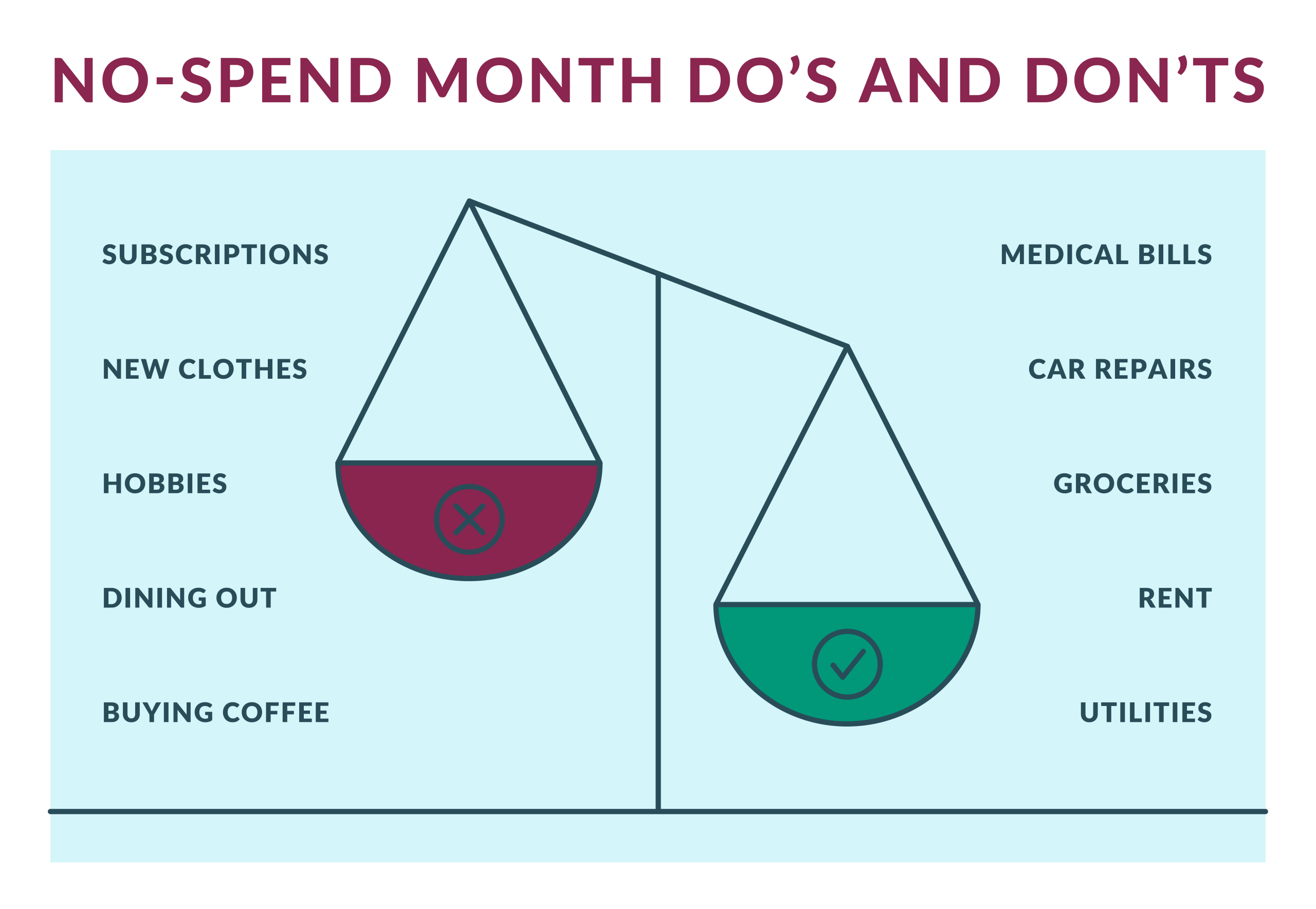Anúncios
When you’re ready to buy a house, you’ll encounter a term that’s crucial to the home-buying process: earnest money.
Think of it as a deposit made to show the seller that you’re serious about purchasing the property.
Let’s dive into what earnest money is, its purpose, and how it works.
Definition of Earnest Money
Earnest money is a good-faith deposit made by a buyer to demonstrate their commitment to purchasing a home.
It’s typically a percentage of the home’s purchase price and is paid once the seller accepts the buyer’s offer. This amount is held in an escrow account until the transaction is completed.
Purpose of Earnest Money
The primary role of earnest money is to assure the seller of the buyer’s serious intention to buy the property.
It serves as a safeguard for the seller, ensuring that the buyer has a vested interest in completing the transaction.
Without it, a buyer could make offers on multiple homes, potentially wasting the seller’s time.
How Much Earnest Money is Typically Required?
The amount of earnest money can vary widely based on several factors:
- Market Conditions: In a competitive market, higher earnest money deposits might be expected.
- Location: Different regions have different norms for earnest money amounts.
- Purchase Price: Typically, earnest money is about 1-3% of the home’s purchase price.
How is Earnest Money Handled?
Once the seller accepts the offer, the earnest money is deposited into an escrow account, managed by a neutral third party such as a title company or real estate brokerage.
The funds remain in this account until closing, at which point they are applied towards the buyer’s closing costs or down payment.
Is Earnest Money Refundable?
The refundability of earnest money depends on the terms outlined in the purchase agreement. Generally, the money is refundable if:
- Contingencies: The buyer backs out due to contingencies such as financing, inspection, or appraisal issues.
- Mutual Agreement: Both parties agree to terminate the contract.
However, if the buyer breaches the contract without valid reasons, they might forfeit the earnest money to the seller.
Earnest Money vs. Down Payment
While both are financial commitments in the home-buying process, earnest money is different from a down payment.
Earnest money is paid upfront as a show of intent, whereas the down payment is a larger sum paid towards the purchase price at closing.
It’s crucial to distinguish between earnest money and a down payment:
- Earnest Money: A smaller, upfront deposit to show good faith.
- Down Payment: A significant payment made at closing as part of the mortgage loan agreement.
While both are part of the home-buying financial commitments, they serve different purposes at different stages of the process.
Tips for Buyers Regarding Earnest Money
To ensure your earnest money is protected, consider these tips:
- Negotiate the Amount: Work with your real estate agent to determine a reasonable amount.
- Understand the Terms: Make sure the purchase agreement clearly outlines the conditions for the return of your earnest money.
- Use a Reputable Escrow Agent: Ensure the funds are held securely until closing.
Earnest money is a vital part of the home-buying process, providing assurance to the seller and showing the buyer’s commitment.
By understanding how earnest money works and taking steps to protect it, buyers can navigate the home-buying process with greater confidence.
What did you think of the content? Keep following the website for more information and financial tips!






